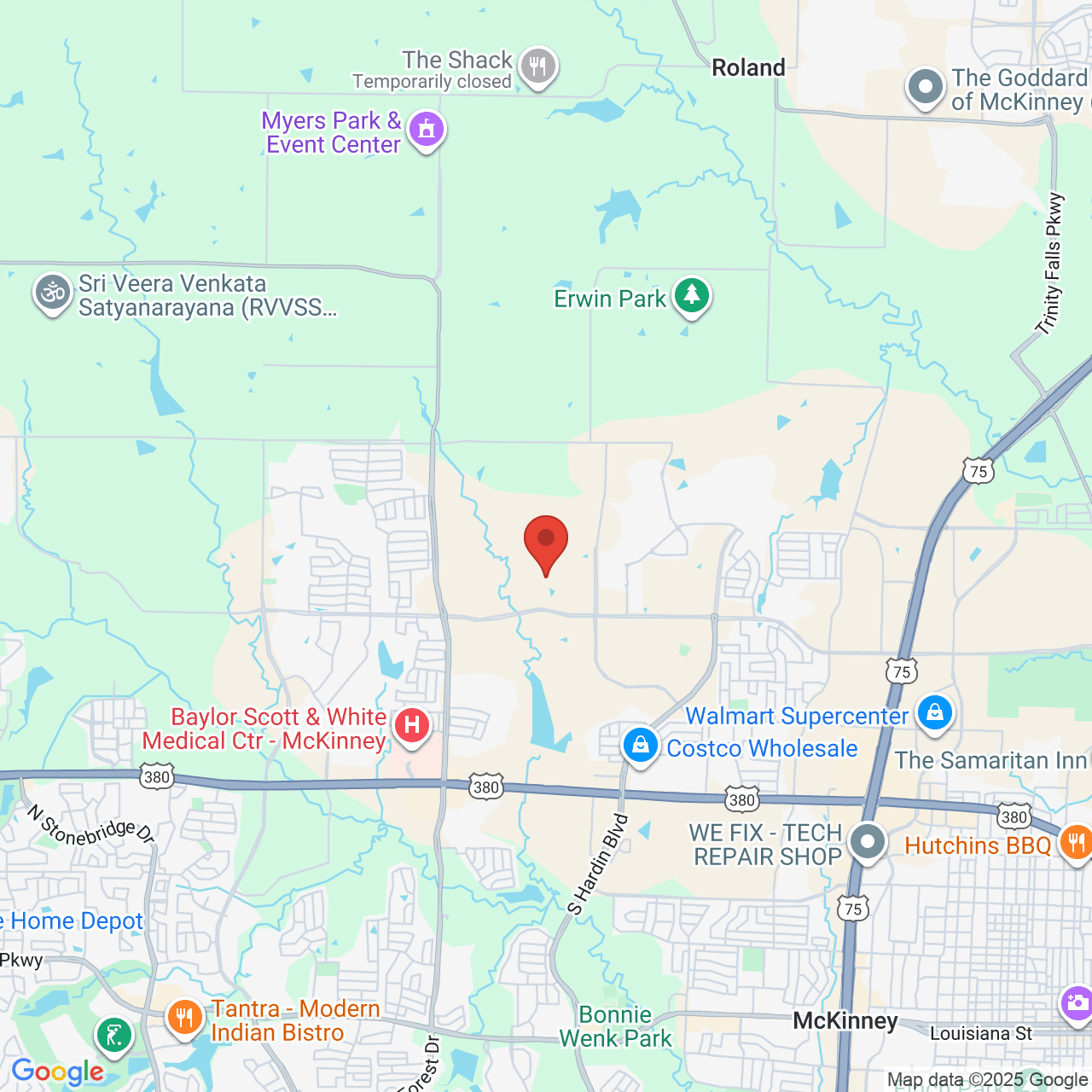What Counts as Sex and Gender Discrimination?
Sex and gender discrimination are unlawful under Title VII of the Civil Rights Act of 1968. A violation of Title VII’s sex and gender discrimination guidelines can take one of two forms: direct mistreatment or disparate impact.
The more straightforward of the two, direct mistreatment deals with immediate actions. If an employer mistreats an employee because of their gender, it can be actionable as sex discrimination; these actions can include failing to hire, firing, demoting or any other kind of actionable slight against the employee.
Disparate impacts tend to be more subtle. The theory states that practices in employment could be considered discriminatory if they have a disproportionate adverse impact on a specific protected class. Say, for example, that a company institutes a policy saying that they prefer to hire new workers who have a background in construction. On its face, the policy does not seem discriminatory, since it could affect any applicant; however, given that 2014 statistics showed that women only make up 2.6 percent of construction workers in the United States, applicants could argue that the rule has a disparate impact against female applicants. This could lead to a gender discrimination claim against the company.
What If Gender Is a Requirement of the Job?
Some jobs require a certain gender to perform the role, though these jobs are few and far between. For the most part, they exist only in the entertainment industry, where a particular sex is necessary to play a role. Jobs such as these can be protected by a Bona Fide Occupational Qualification (BFOQ). Our blog will go into more detail on BFOQs next week.Atkerson Law – Dallas Employment Law Attorney



